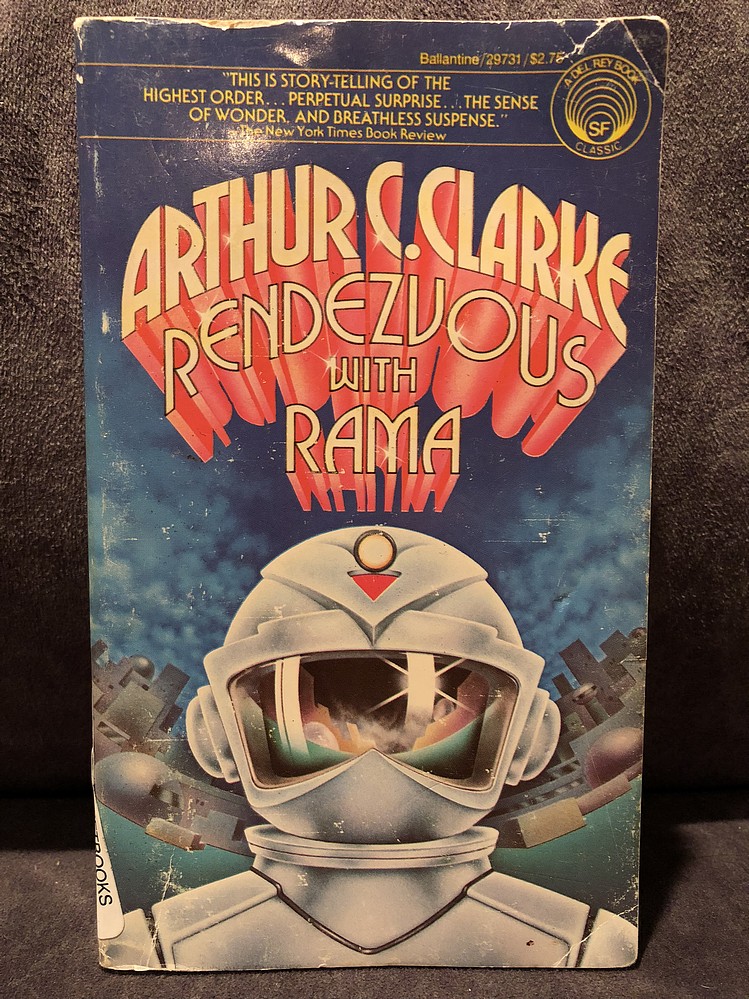

The first we know of it is when it is detected by the space study programme Project Spaceguard (a kind of oh-no-meteor-heading-for-Earth early warning system, no doubt inspired by Clarke's own pioneering work on radar during the second world war). It takes the Big Dumb Object familiar from so many SF films and books and makes it bigger.

The premise of the novel is at once straightforward and ingenious. This book is, as Martin Amis wrote back when he had a science fiction column in the Observer, "triumphant". There's no doubt that Clarke won the Hugo on merit – not to mention the Nebula, British Science Fiction award, Jupiter award and Locus award. But the fact is that The Gods Themselves is excellent, and Rendezvous With Rama is a stone-cold classic. So pleasing, in fact, that if The Gods Themselves and Rendezvous With Rama were different books it would be tempting to ascribe their success to a sentimental desire among the SF community to give the ageing writers the kind of lifetime achievement award that occasionally makes the Booker prize seem ridiculous. There were no sub-clauses about sharing awards out between them, but the fact that Clarke won his first Hugo award for best novel the year after Asimov has a pleasing symmetry. They vowed that Clarke would always refer to Asimov as the best science writer and Asimov would call Clarke the best science fiction writer. It reached such a peak that some time in the late 1960s the two even agreed to a tongue-in-cheek agreement about their respective statuses, The Clarke-Asimov Treaty.

The friendly rivalry between the two giants of science fiction, Arthur C Clarke and Isaac Asimov, was legendary among genre fans.


 0 kommentar(er)
0 kommentar(er)
